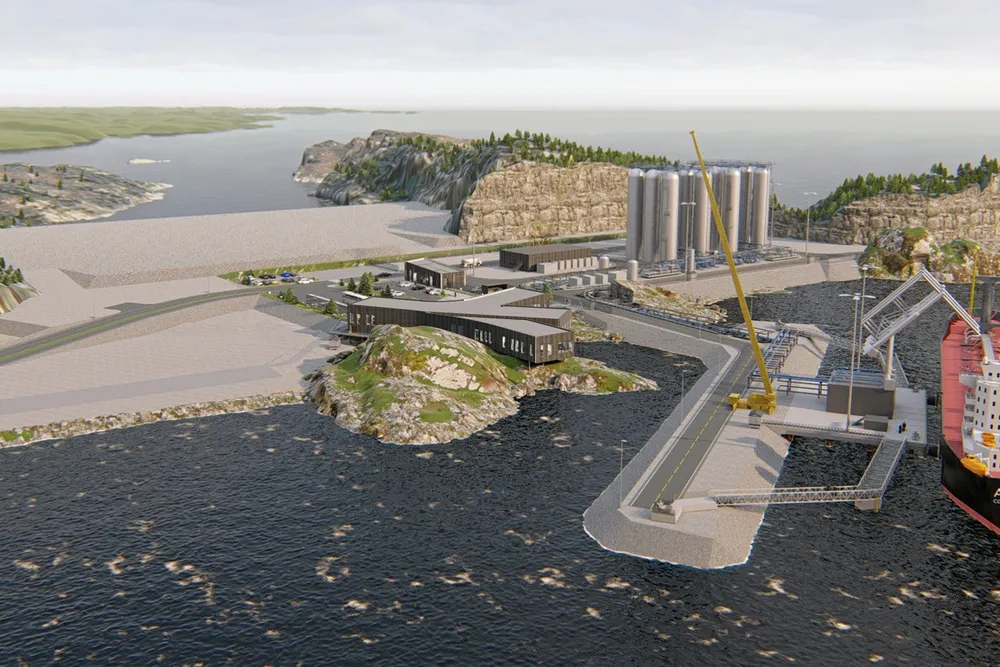Northern Lights: Shell, Total and Equinor exploring direct air capture in Norway
New subsidiary of oil company trio to explore realisation of direct air capture project with Swiss technology player

New subsidiary of oil company trio to explore realisation of direct air capture project with Swiss technology player
